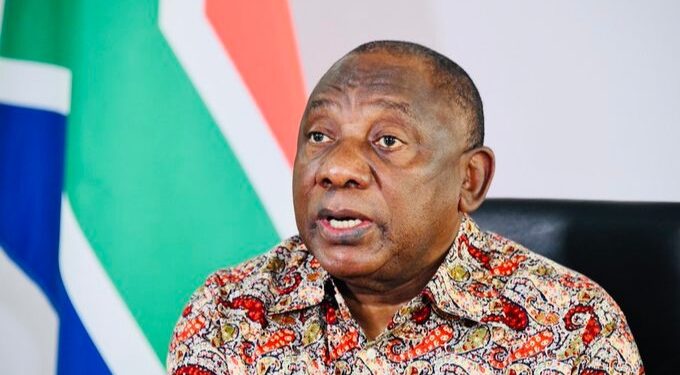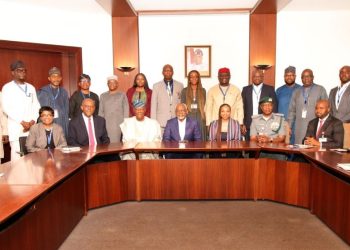President Cyril Ramaphosa has conveyed South Africa’s willingness to play a role in an effort towards ending the conflict and violence if requested by the East African Intergovernmental Authority on Development, the African Union others.
Ramaphosa made this known on Thursday when playing host to Mr. Malik Agar Eyre Nganyoufa, Deputy President of Transitional Sovereign Council of Sudan, which focused on recent events in Sudan and international efforts to end the conflict and violence.
The visit was a follow-up to a telephonic discussion between the President and Mr Nganyoufa on 2 July 2023 while Mr Nganyoufa briefed South African President, Ramaphosa on the current conflict in the Republic of Sudan.
Ramaphosa reiterated South Africa’s concern at the protracted nature of the conflict between Sudan Armed Forces and the Rapid Support Forces and called on Transitional Sovereign Council, including the Sudan Armed Forces, to urgently work towards a peaceful resolution to the conflict in Sudan.

“South Africa believes this can be achieved through an inclusive dialogue process that will yield permanent peace for Sudan and her people and respect the commitment of all parties to the Juba Peace Agreement (JPA) signed on 3 October 2020”, he said.
It was reported that Egypt played host in a summit of Sudan’s neighbours on July 13 to discuss ways to end a 12-week conflict between rival Sudanese military factions that has triggered a major humanitarian crisis in the region.
Diplomatic efforts to halt fighting between Sudan’s army and the Rapid Support Forces (RSF) have so far proved ineffective, with competing initiatives creating confusion over how the warring parties might be brought to negotiate.

Neither Egypt, seen as the Sudanese army’s most important foreign ally, nor the United Arab Emirates, which has had close ties to the RSF, have played a prominent public role.
The two countries were also not involved in talks in Jeddah led by the United States and Saudi Arabia that adjourned last month after failing to secure a lasting ceasefire.
The fighting that erupted on April 15 in Sudan’s capital Khartoum has driven more than 2.9 million people from their homes, including 700,000 who have fled to neighbouring countries, many of which are struggling with poverty and the impact of internal conflict.












